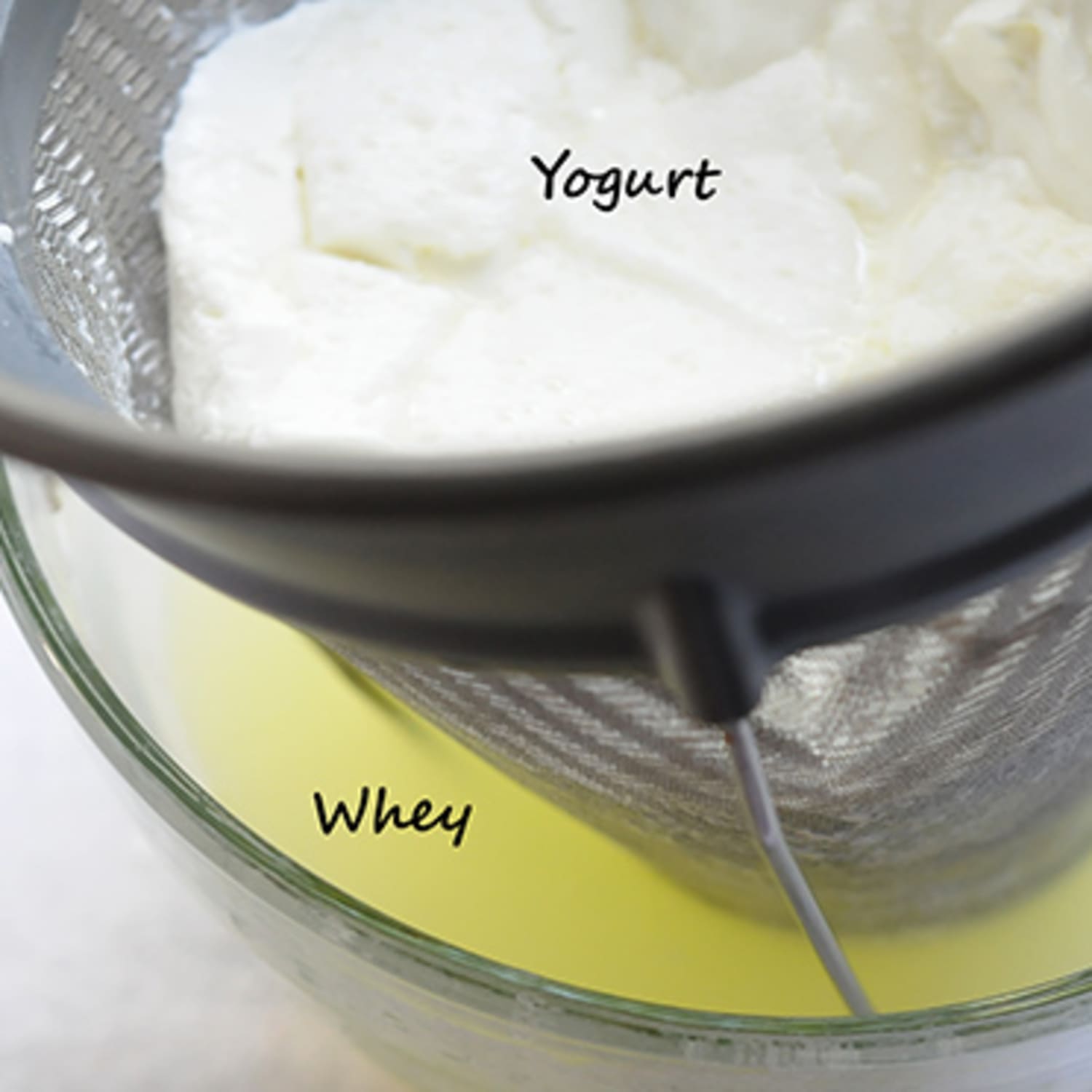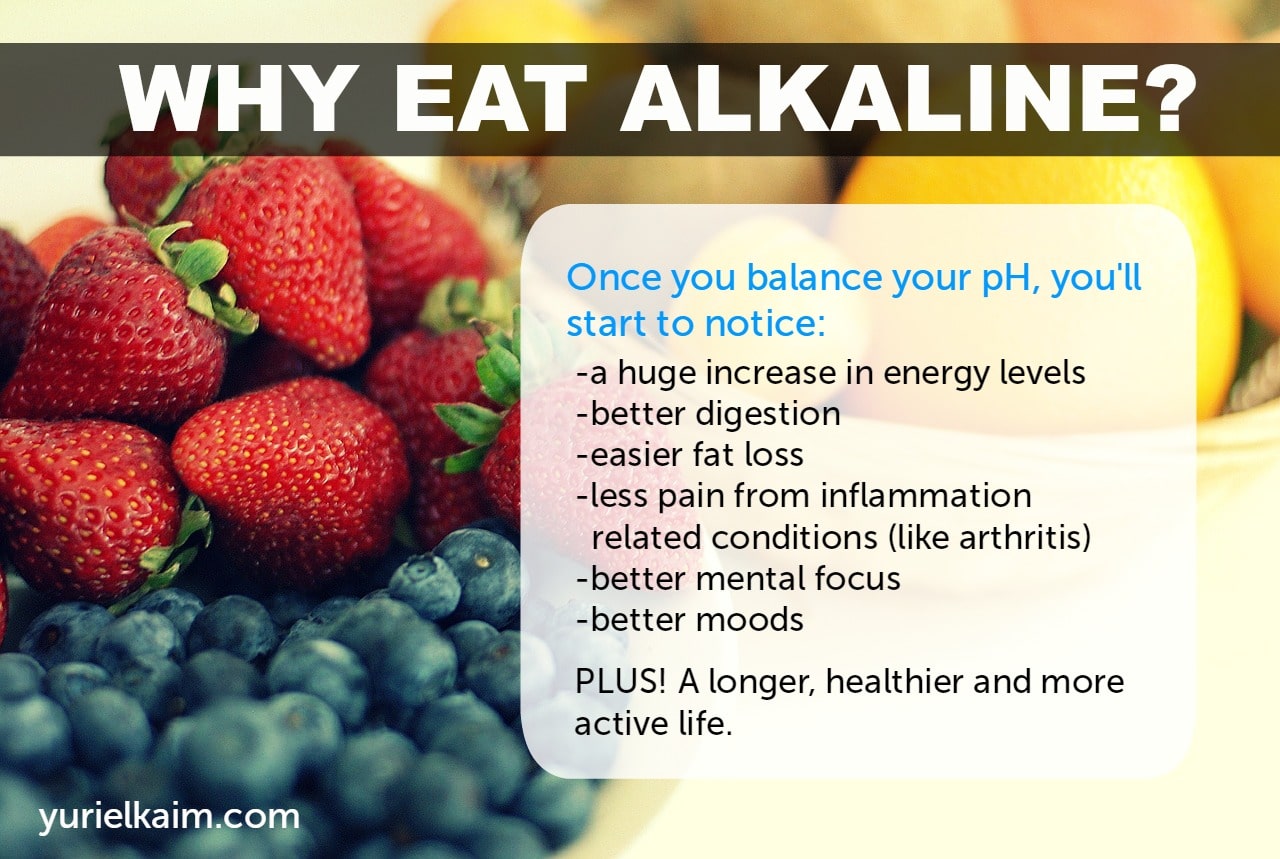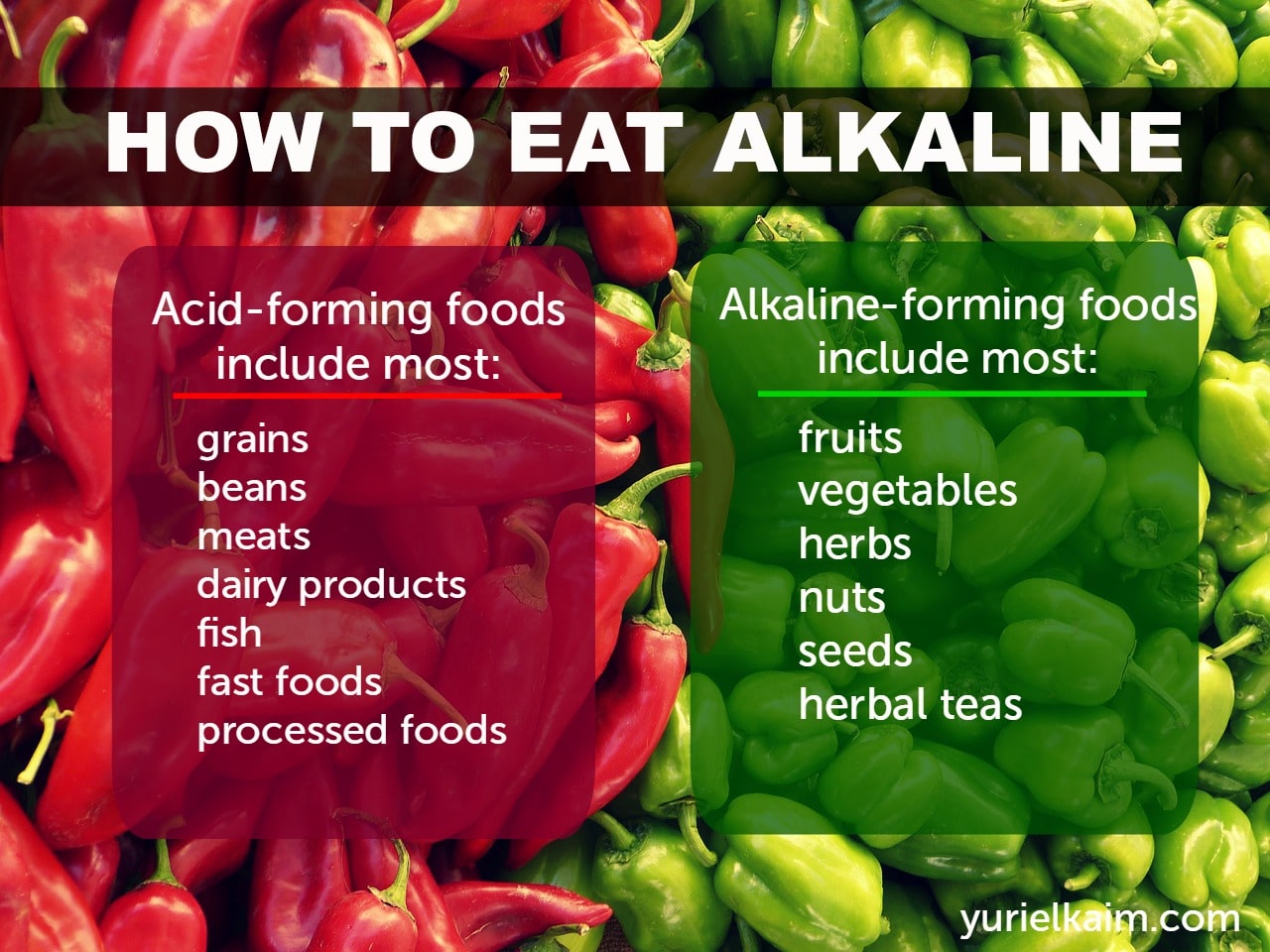is greek yogurt acidic
 pH Of Yogurt - Is It Basic Or Acidic? - Discover Food Tech
pH Of Yogurt - Is It Basic Or Acidic? - Discover Food TechNutrition What is the difference between Greek yogurt and regular? Yogurt is a fermented dairy product that is popular worldwide. In recent years, a specific guy named Greek yogurt has taken off among health enthusiasts. Both the Greek and regular yogurt are full of high-quality nutrients and offer multiple health benefits, but you can ask yourself what distinguishes them. This article explains the differences between Greek yogurt and regular to help you determine what to choose. The regular and Greek yogurt are cultivated (or fermented) dairy products, along with sour cream, butter milk and . Fermented dairy products are manufactured by natural milk sugar, in lactic acid using certain bacteria, also called startup crops (). In fact, both the regular yogurt and the Greek are made with the same main ingredients: fresh milk, more thermophilic Streptococcus and Lactobacillus bulgaricus as starter cultures (). However, their taste and nutrients differ due to how they are made. Regular yogurtThe regional yogurt is made by the heating milk, adding bacteria, leaving it to ferment until reaching an acid pH of approximately 4.5. After it cools, other ingredients as you can add (). The final product has a soft consistency but can vary in thickness. Most yogurts are drinkable or can be eaten with a spoon. Due to its acidic nature, it can taste slightly bitter. However, it is generally sweeter than the Greek yogurt. Greek yogurt Greek yogurt, also known as concentrated or strained yogurt, is done by removing the serum and other liquids from the regular yogurt (). Because the casting process reduces the total volume, the Greek yogurt takes significantly more than the regular yogurt to make a lot of the same size. Traditionally, yogurt is ceded in cloth bags up to three times until it reaches the desired texture. Modern production methods use centrifuges to achieve the same effect. Some companies may use thickening agents or other dry ingredients, in which case the final product is called fortified yogurt or Greek (). Because most of the fluid is eliminated, it is much thicker and tangier than regular yogurt. It is also generally more expensive as it requires more milk. AbstractThe regular and Greek yogurt are fermented dairy products, but the Greek yogurt strives to make it much thicker and tangier than the regular yogurt. The regular and Greek yogurt are fermented dairy products, but the Greek yogurt is tense to make it much thicker and tangier than the regular yogurt. The regular and Greek yogurt has very different nutritional profiles. The table below compares 8 ounces (245 grams) of a low-fat variety of each ():Regional yogurt (low fat)Greek yogurt (low fat)Ceraries154179Carbs17 grams10 gramsSugar17 grams9 gramsProtein13 grams24 grams Fat4 grams5 gramsCalcium34% of the daily value (DV)22% DSodium As you can see, the Greek yogurt contains about half of carbohydrates and sugar as regular yogurt while packing almost twice more. It also has less calcium and sodium. These differences are the result of the yogurt drilling process. On the one hand, removing the serum from the Greek yogurt removes some of its lactose, reducing its general content of carbohydrates and sugar. On the other hand, the protein remains intact throughout the strain process, so the density of the Greek yogurt provides much more protein. Note that the previous comparison is based on low-fat versions of both products. Whole milk makers provide and calories. For example, the same regular yogurt portion made with whole milk provides 8 grams of fat, while the same portion of Greek yogurt integers of milk 12.25 grams — double and almost triple their fat content, respectively (, ).SummaryGreek yogurt packs twice the protein and about half the amount of carbos and sugar as regular yogurt. The Greek yogurt packs twice the protein and approximately half the amount of carbohydrates and sugar that the regular yogurt. Greek and regular yogurt share many health benefits due to their probiotics and proteins. Rich in probiotics are friendly bacteria found in fermented foods such as yogurt (, ).They help digestive health by balancing their intestinal microbiome — friendly bacteria in their digestive system — that can reduce the risk of inflammation and several diseases (, , ).Blood studies suggest that a balanced can stimulate and/or modulate their immune system and protect against allergies, type 2. However, they can tolerate yogurt because their probiotics support the digestion of lactose (, , ).In addition, the Greek yogurt can do it especially suitable for people with this condition. You can protect heart health Yogurt can, including high blood pressure and cholesterol. Intake of fermented dairy is associated with a lower risk of plaque accumulation and arterial stiffness, which are linked to high blood pressure (). A study carried out in 73,882 adults with high blood pressure determined that eating 2 or more portions of yogurt per week were associated with 21% lower risk of stroke in men and 17% in women, compared to those who ate less than 1 per month (). Also, in a study conducted in 1,981 healthy men, those who have higher consumptions of fermented dairy products had a risk of heart disease less than those who had lower consumption. The study also found that unfermented dairy was associated with increased risk (). Probiotics can also help inhibit certain enzymes (). A study in 60 people with type 2 diabetes showed that a daily intake of 10.5 ounces (300 grams) of yogurt with probiotics caused a decrease of 4.5% and 7.5% in total and LDL cholesterol levels (bad), respectively, compared to a control group (). May aid weight lossResearch links yogurt to less body weight, body fat, and weight gain (). Its probiotics increase the proportion of healthy bacteria in the intestine, which can contribute to weight management, fat distribution and fat metabolism (). In addition, regular and Greek yogurt are excellent sources of protein. Intake of high proteins leads to prolonged feelings of fullness, which can reduce calorie intake. In turn, this can promote weight loss (, ).For example, a small study in 15 healthy women determined that a Greek yogurt containing 24 grams of protein reduces hunger and delays the time of later food, compared to a low protein snack (). However, many trademarks fill significant amounts of , which can hinder your weight loss goals (). Abstract Both regular and Greek yogurt can help digestion, heart health and weight loss. Both regular and Greek yogurt can help digestion, heart health and weight loss. The regular and Greek yogurt are particularly versatile. Although both can be enjoyed alone or mixed with fruit, nuts or granola, they are used differently in recipes. For example, due to its thickness, Greek yogurt is a common ingredient in dips and sauces such as tzatziki, which is a grap in . In addition, it can be used to replace mayonnaise, , and butter milk in most recipes, although it can compress at high temperatures. Its texture also makes it great to bake, especially if you want a wet and dense texture. In contrast, the regular yogurt is commonly used in smoothies (the Greek yogurt is still a good option as well), dresses and other viscous dishes. For example, you can make a snarling marinade for chicken by mixing with lemon juice and spices. Summary When cooking, the Greek yogurt is the best for sauces, sauces and baked products, while the regular yogurt is preferable for smoothies, dressings and marinades. When cooking, Greek yogurt is better for dips, sauces and baked products, while regular yogurt is preferable for smoothies, dressings and marinated. Regular and Greek yogurt are nutritious foods that make an excellent snack and a healthy addition to your diet. However, the sweetened yogurts of any of the varieties are filled with added sugar. Chronic intake of high sugar can lead to an unwanted weight gain, as well as cavities, and heart disease (, ). As such, it is best to choose simple yogurts to moderate your added sugar intake. If you prefer, you can add some fruit to sweeten it on your own. If you are looking to increase your protein intake, the Greek yogurt is ideal. Regular low-fat yogurt can be better for anyone who wants to keep their calories and protein intake in control. As both are healthy, you should choose the one that fits your dietary needs. Abstract Both regular yogurt and Greek are highly nutritious, although you must be aware of added sugars. It is better to buy a simple variety of any kind you prefer, then sweeten it on your own if you want. Both regular and Greek yogurt are highly nutritious, although you must be aware of the added sugars. It is better to buy a simple variety of any kind you prefer, then sweeten it on your own if you want. The regular and Greek yogurt are made of the same ingredients but differ in nutrients. While regular yogurt tends to have less calories and , Greek yogurt has more protein and less sugar - and a much thicker consistency. Both types empacan probiotics and support digestion, and heart health. Since everyone is healthy, you simply have to choose any type you prefer, even if it is better to avoid products with a lot of added sugar. Last medical review on June 22, 2020Read this following

Greek Yogurt's Dark Side: Acid Whey | Prevention

Is Yogurt Good to Eat for Acid Reflux?

Patent watch, General Mills tackles Greek yogurt acid whey
Acid whey: Is the waste product an untapped goldmine?

What To Do With Whey: Greek Yogurt's Popularity, and Its Acid Whey Problem | Kitchn

Yogurt Vs. Milk - Which One's Better For Treating Acid Reflux | Sepalika

What's the difference between regular and Greek yogurt?

Greek Yogurt vs. Regular Yogurt: What's the Difference?

Acid-Alkaline Greek Yogurt PRAL List – ALKAscore

Scientists discover new use for Greek yogurt acid whey

Acid whey: Is the waste product an untapped goldmine?

Which is more healthy curd or yogurt?

7 Hidden Sources of ACID You THINK Are Healthy (My UNUSUAL SUSPECTS!) – Alkamind

Greek Yogurt vs. Regular Yogurt: What's the Difference?
What's in your Greek Yogurt? - Eat Well with GinaEat Well with Gina
/Getty-Greek-yogurt-56a5b7415f9b58b7d0de193a.jpg)
How to Make Yogurt With Chemistry

Is Skyr Better Than Greek Yogurt?
Why would yogurt give me heartburn? - Quora

What's the difference between regular and Greek yogurt?

Protein in Homemade Yogurt: How To Double It

Why You Need to Eat an Alkaline Diet (And How to Do It) | Yuri Elkaim

Greek Yogurt Recipes: 39 Ideas for Every Meal

Protein drinks and baby formula could offset Greek yogurt's dark side | Guardian sustainable business | The Guardian

8 Ways Greek Yogurt Benefits Your Health

How to Use Leftover Whey From Making Cheese or Greek Yogurt - Fermenting for Foodies

Yogurt - Wikipedia

There's a Downside to All That Greek Yogurt You're Eating

Easy Thick Creamy Instant Pot Greek Yogurt (from yogurt or whey)

Which is more healthy curd or yogurt?

Greek Yogurt: properties and differences with the traditional one

LADIES PLEASE READ THIS ON VAGINA HEALTH..... - Strong African Woman Global | فيسبوك

Greek Yogurt Causes Acidic Waste Product Dilemma | VegNews

Highly Cultured: A guide to yogurt styles | Education & Experiments |Science Meets Food

How to Use Leftover Whey From Making Cheese or Greek Yogurt - Fermenting for Foodies

Why You Need to Eat an Alkaline Diet (And How to Do It) | Yuri Elkaim

9 Useful Ways To Use Yogurt For Acid Reflux Treatment

10 Foods & Drinks To Eat To Avoid Acid Reflux Every Day

Microbes help turn Greek yogurt waste into fuel | EurekAlert! Science News

Your Greek Yogurt Is Terrible for the Environment

4 Ways Greek Yogurt is Destroying Our Planet - One Green Planet
Posting Komentar untuk "is greek yogurt acidic"